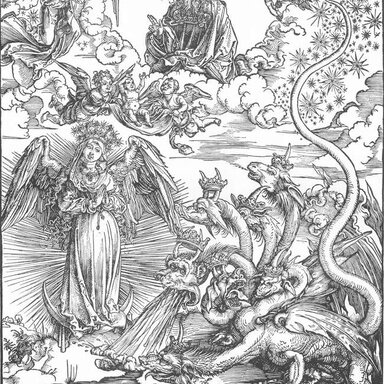Politics
Exploring the Connections Between Antisemitism and Islamophobia

The relationship between antisemitism and Islamophobia has become a focal point of debate in various academic and public circles, particularly since the early 2000s. Some scholars argue that contemporary Islamophobia represents a resurgence of historical European antipathy towards Jews, reframed in the modern context. Prominent figures such as Enzo Traverso, Lorenzo Veracini, and Gil Anidjar have suggested that this shift is largely a reaction to the historical stigma associated with antisemitism, particularly in the wake of the Holocaust.
On the contrary, critics like Douglas Murray and Pascal Bruckner contend that the concept of Islamophobia should be dismissed, viewing antisemitism as a uniquely intense form of prejudice that deserves focused attention. This ongoing discourse has intensified recently within university communities in England and Wales, following the controversial dismissal of Shaima Dallali, the first Hijabi and second Black President of the National Union of Students (NUS). Her removal was attributed to allegations of antisemitism, which remain poorly defined and explained, particularly in light of past social media posts made during her teenage years.
The discourse is further complicated by the broader context of immigration and integration within Europe, especially as countries grapple with rising Muslim populations and historical tensions surrounding Jewish communities. The issues surrounding cultural practices, such as circumcision, and perceptions of loyalty to national identities have fueled sentiments that intertwine antisemitism and Islamophobia.
In France, home to the largest Muslim population in Western Europe, these tensions manifest in complex ways. Advocates argue that Muslims face significant restrictions on their religious freedoms, while some assert that Jewish communities wield considerable power, complicating the narrative surrounding minority rights.
The dismissal of Dallali has sparked significant debate, as her critics cite a history of alleged antisemitism, suggesting that her removal was due to longstanding issues rather than a single social media post. The controversy highlights the challenges faced by minority leaders in navigating the sensitive intersection of race, religion, and national identity in contemporary society.
As the conversation continues to evolve, it is imperative to approach these discussions with nuance and an understanding of the historical context that shapes current perceptions. The interconnectedness of antisemitism and Islamophobia raises essential questions about identity, belonging, and the nature of prejudice in an increasingly diverse world.
The implications of these discussions are significant, particularly in light of ongoing immigration trends and the evolving demographic landscape of Europe. As societies confront these issues, the need for informed dialogue and understanding becomes ever more pressing.
-

 Top Stories3 months ago
Top Stories3 months agoTributes Surge for 9-Year-Old Leon Briody After Cancer Battle
-

 Entertainment4 months ago
Entertainment4 months agoAimee Osbourne Joins Family for Emotional Tribute to Ozzy
-

 Politics4 months ago
Politics4 months agoDanny Healy-Rae Considers Complaint After Altercation with Garda
-

 Top Stories4 months ago
Top Stories4 months agoIreland Enjoys Summer Heat as Hurricane Erin Approaches Atlantic
-

 World5 months ago
World5 months agoHawaii Commemorates 80 Years Since Hiroshima Bombing with Ceremony
-

 Top Stories3 months ago
Top Stories3 months agoNewcastle West Woman Patricia Foley Found Safe After Urgent Search
-

 Top Stories5 months ago
Top Stories5 months agoFianna Fáil TDs Urgently Consider Maire Geoghegan-Quinn for Presidency
-

 World5 months ago
World5 months agoCouple Convicted of Murdering Two-Year-Old Grandson in Wales
-

 World5 months ago
World5 months agoGaza Aid Distribution Tragedy: 20 Killed Amid Ongoing Violence
-

 World5 months ago
World5 months agoAristocrat Constance Marten and Partner Convicted of Infant Murder
-

 Top Stories4 months ago
Top Stories4 months agoClimbing Errigal: A Must-Do Summer Adventure in Donegal
-

 Top Stories4 months ago
Top Stories4 months agoHike Donegal’s Errigal Mountain NOW for Unforgettable Summer Views









